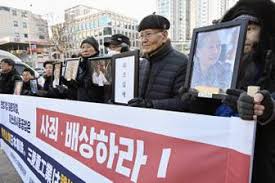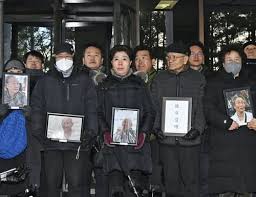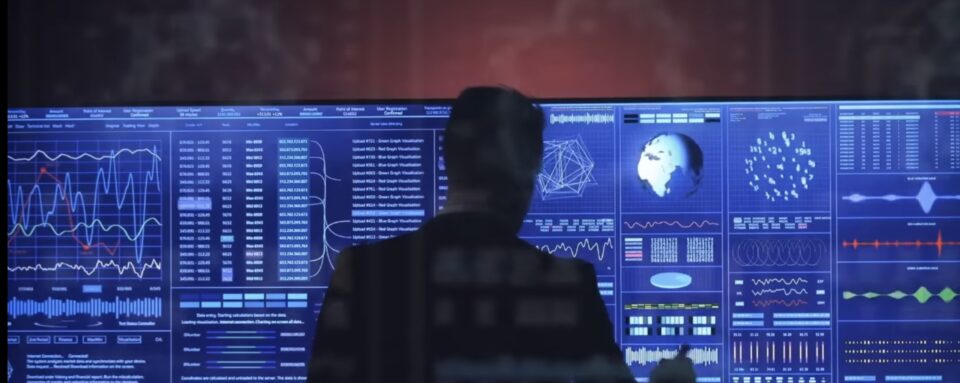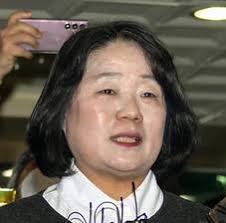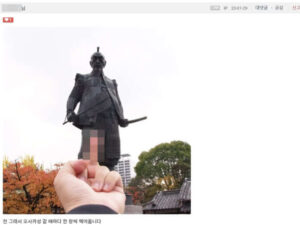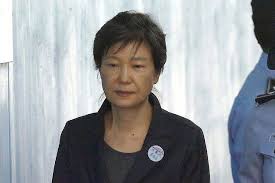Sankei Shimbun
The Supreme Court of South Korea has again ruled in favor of a Japanese company over the “conscription” issue. It is unjust to ignore the historical facts and to violate a promise made between the two nations. This is unacceptable.
The two lawsuits were filed from 2013 to 2014 by seven South Koreans who worked for Nippon Steel Corporation (formerly Nippon Steel & Sumitomo Metal Corporation) and four former paratroopers for Mitsubishi Heavy Industries, along with their families.
The Supreme Court dismissed the appeals by the Japanese companies on the grounds that there was no error in the original court decision that recognized the right of “victims of forced mobilization” to claim compensation, and the first and second court decisions ordering compensation totaling 1.17 billion won (approximately 130 million yen) became final. This is the first time since 2006 that the Supreme Court has ordered a Japanese company to pay compensation in a similar case.
Chief Cabinet Secretary Yoshimasa Hayashi said, “This is in clear violation of the Japan-Korea Claims Agreement and is extremely regrettable. It is absolutely unacceptable,” he said, adding that he had protested against the South Korean side. We would like the Japanese government to further clarify that the compensation order to Japanese companies is contrary to both international law and historical fact.
In the first place, there is no need for the Japanese side to pay compensation. The issue of reparations between Japan and South Korea was “fully and finally resolved, including individual compensation,” under the 1965 agreement that accompanied the normalization of diplomatic relations. Under the agreement, Japan paid South Korea $300 million in grants and $200 million in compensation, and South Korea achieved postwar reconstruction. This promise is the foundation of the relationship between the two countries.
The claim of unfair forced labor is also a misnomer. During the period of Japanese rule of Korea, after September 1944, there were workers from the Korean Peninsula who worked in Japanese factories under the “National Conscription Law,” but they were legally mobilized for work with wages paid to them.
The Yun Sik-Yue administration, which places great importance on Japan-Korea relations, has announced a solution to the “conscription” issue in which a foundation under the South Korean government will pay compensation to plaintiffs who win their cases, but some plaintiffs have refused to accept the solution.
The plaintiffs remain dissatisfied because successive Korean administrations have rehashed issues that have already been resolved without providing adequate explanations. It is clear that this is a “problem” that should be resolved on the Korean side’s responsibility.
If promises made between nations are not kept, Korea’s international credibility will be damaged. The ROK side should also recognize who is to blame for the deterioration of Japan-ROK relations and who is to rejoice in the deterioration of the relationship.
